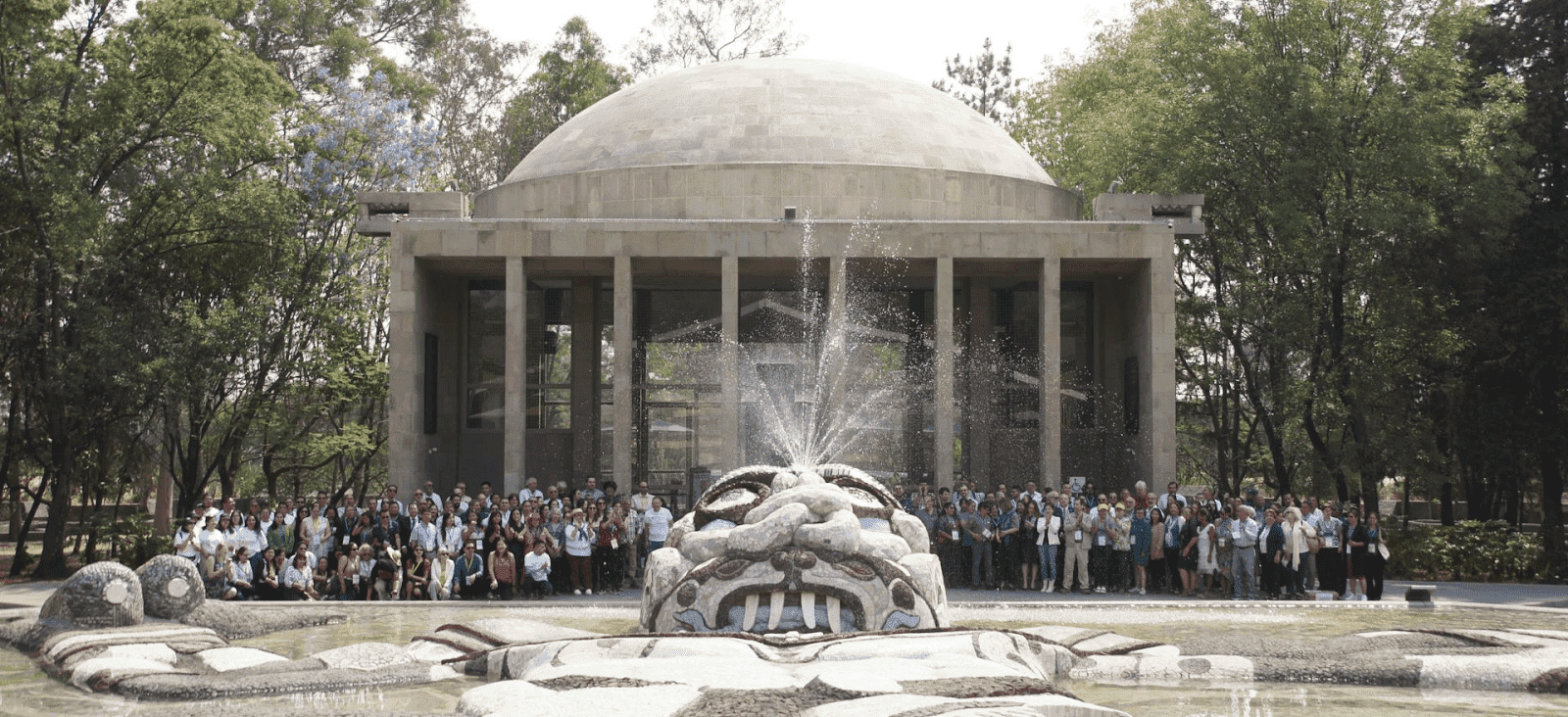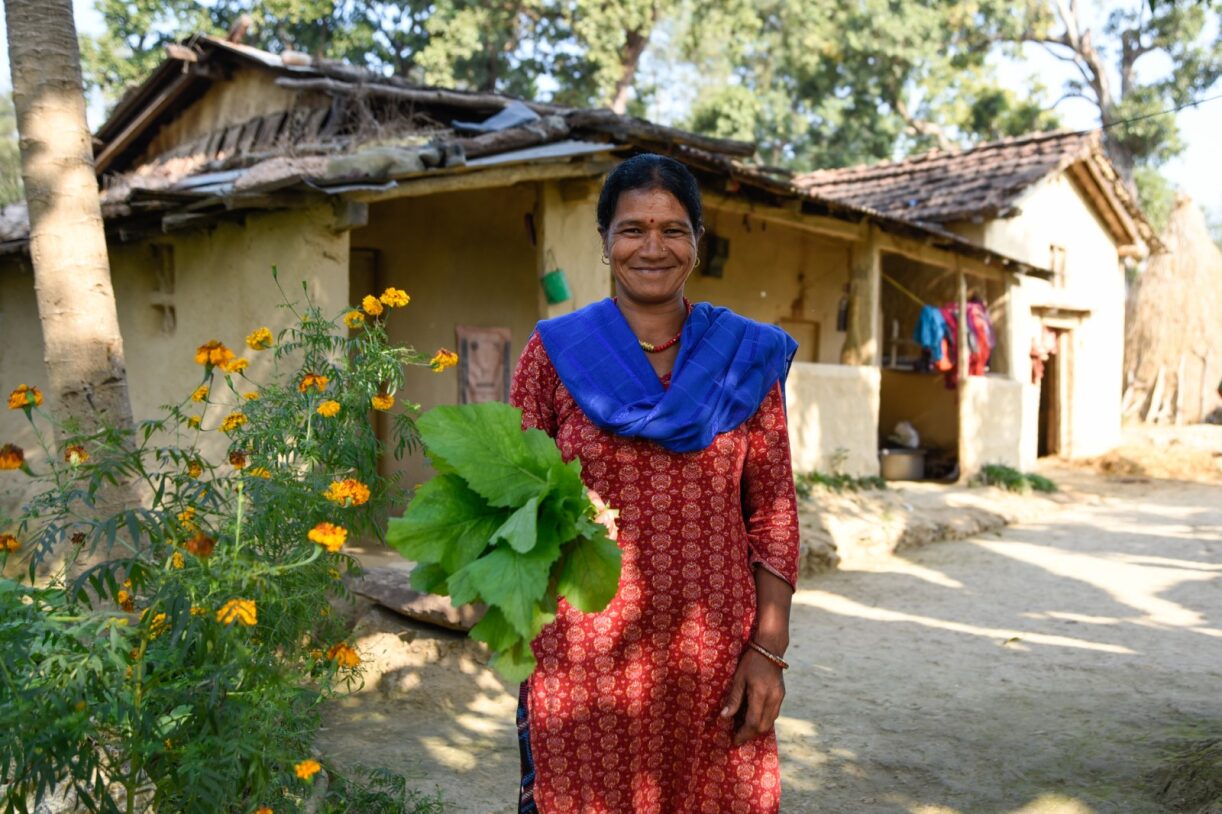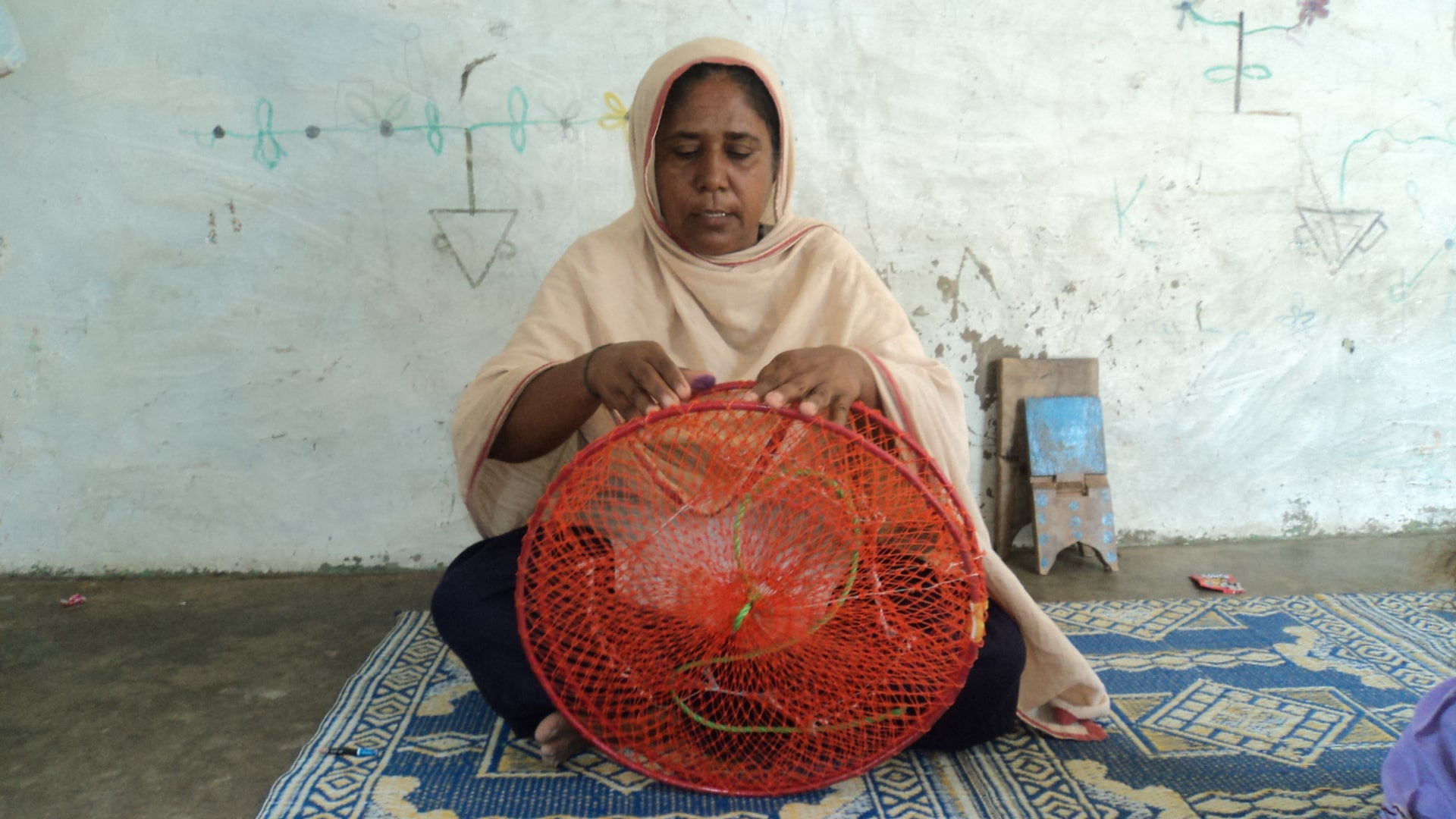International Women's Day: Environmental change and gender
CEESP News: by Meher Marker Noshirwani, Chair of the IUCN CEESP Gender Specialist Group & Technical Advisor at the Trust for Conservation of Coastal Resources; and by Dr. Cristina-Ioana Dragomir, Global Justice Clinical Assistant Professor, New York University
Climate change is often defined as a “threat multiplier.” For many women and girls around the world, it is also enacting, and at times creating, new limitations and obstacles in attaining basic rights. When disasters strike, they are likely to produce and reenact social, economic, and political inequalities along gendered lines. But at times, these are also generative moments that allow us to be reflective about structural inequalities, to critically assess them and to reimagine ways in which we can address them. With this in mind the theme for this newsletter is “Reimagining environmental justice through a gendered perspective,” hoping to bring to fore these issues of concern, to mobilize political will and resources to address global problems, and to celebrate and reinforce our common achievements.
The works featured in this newsletter discuss current and acute need to reimagine the framework in which we think through the current and upcoming issues, supporting us to envision a global legal framework, which enables us to create policies and research addressing the intersection of gender, environment, and human rights. It is in this context that International Women’s Day (IWD) on March 8th is our annual invitation to reflect on the role that gender plays in our lives, work, and our planet. It is a gateway to reflect on the paths we have taken, think through our successes and recognize what we have lost. For women all over the world, March 8th is a time to take stock and amplify our collective voice.
The theme for the 2023 UN International Women’s Day is ‘DigitALL: Innovation and technology for gender equality.’ This theme is aligned with the priority theme for the 67th Session of the Commission on the Status of Women (CSW-67), “Innovation and technological change, and education in the digital age for achieving gender equality and the empowerment of all women and girls”. IWD 2023 will explore the impact of the digital gender gap on widening economic and social inequalities. For example, it is precisely this digital gender gap which isolated women and particularly rural women during the COVID-19 pandemic. The representation of voices from rural communities was neglected in the transition to holding conversations online on digital platforms, since many women did not have access to digital forums. So, as the UN and the CSW explore the challenges of technology, and inclusion in the digital age, women continue to face serious threats of climate change, particularly in occupations that are dependent on natural environments and where climate stress causes natural disasters. Agriculture, water, forestry, and fisheries are among the sectors impacted by climate change and women are engaged in these sectors as full-time labour or secondary workers in addition to their dependence on natural resources for their livelihoods. Declining crop yields, scarcity of water, lack of fuel and fodder, rural outmigration, frequent natural disasters, and unpredictable rainfall patterns, triggered by climate change has increased the vulnerability of communities especially women, who as managers of the natural resource struggle to survive in these rapidly changing scenarios. Among the gains women have made, in gender mainstreaming, gender sensitive policies, gender inclusive programmes, and gender frameworks and legislation, which ensure that women’s voices are heard, the lack of implementation continues to compound the losses and impedes progress.
This CEESP newsletter draws on the expertise and diverse experience of the CEESP members, including individuals from the Gender Specialist Group, who share their knowledge and practice from their areas of work, and their views on reimagining environmental justice through a gendered perspective. Our authors have thought out reflections and shared their experiences in the articles they have submitted, such as the role of tribal women in balancing, family, community, and environment. They also highlighted the ways in which the rights of women and girls still fall through the institutional, political and policy cracks, having damaging repercussions for much of the progress we have made over the years, as discussed through rights-based family planning in conservation. Authors also account for the successful ways in which we can develop a framework, reposition and implement gendered ideas for the future, as the women fisherfolk on the coast strive for genuine participation in ocean-related decision-making processes, and women environmental defenders discuss ways towards an environmental democracy with a gender perspective. All these interventions are crucial, as we are continuously reformulating the framework of understandings or gender power dynamics and continue to address the challenges ahead towards a systemic approach for women, and climate change.
We would like to thank all contributors and to invite our members to further this conversation.
Meher Marker Noshirwani is Chair of the IUCN CEESP Gender Specialist Group, as well as a Technical Advisor at the Trust for Conservation of Coastal Resources.
Dr. Cristina-Ioana Dragomir is a Global Justice Clinical Assistant Professor at New York University, Global Liberal Studies.



